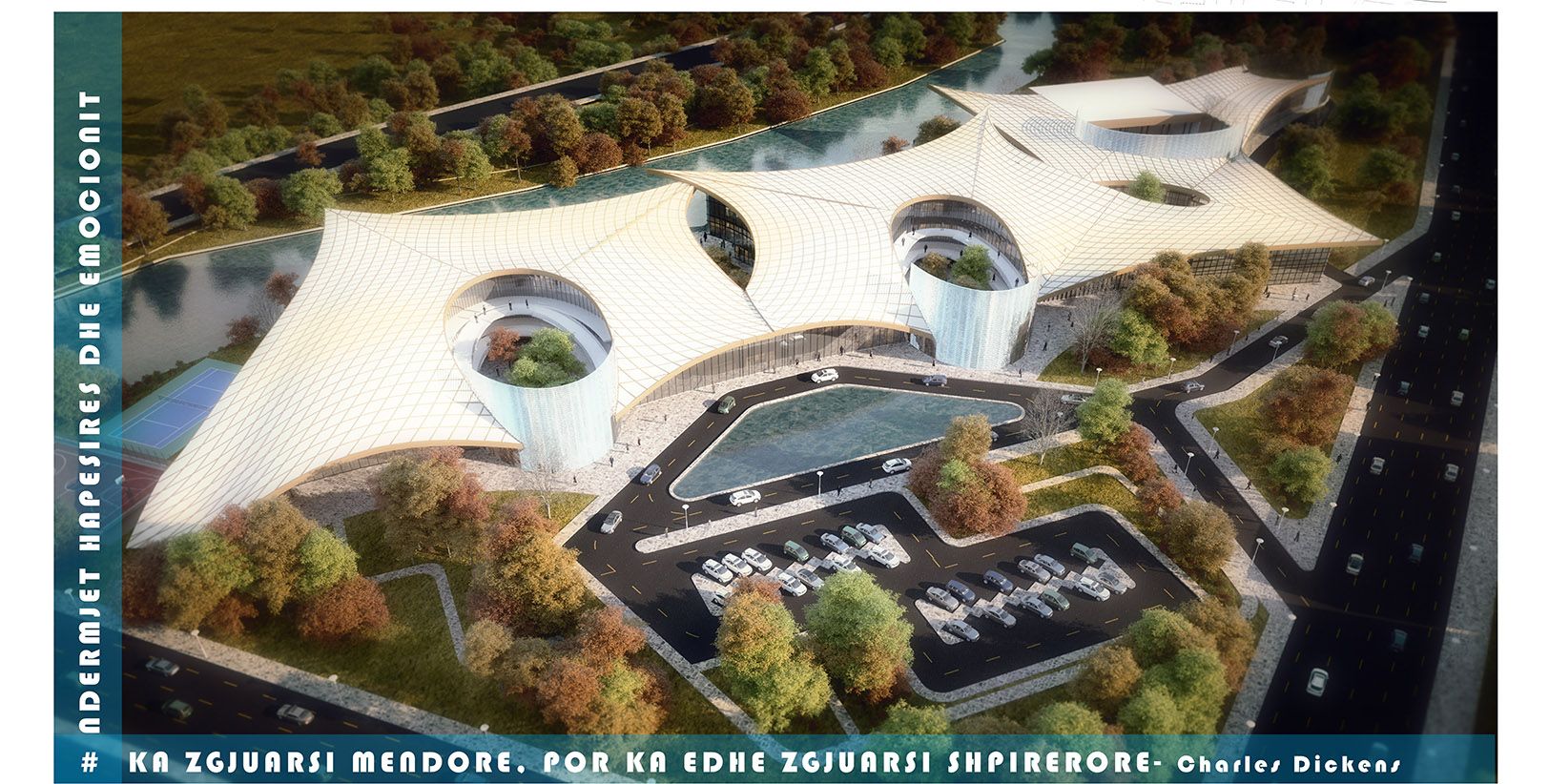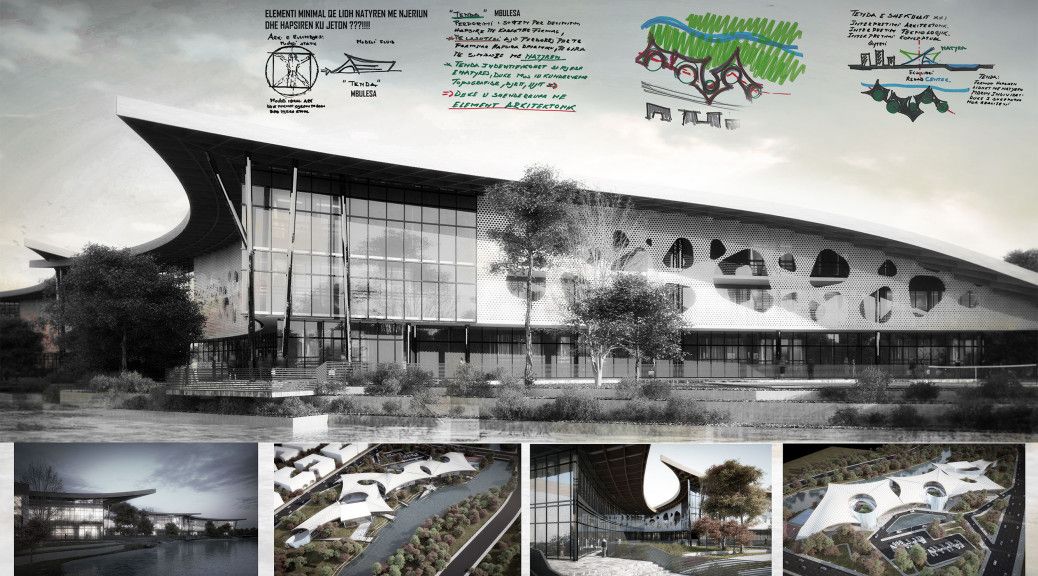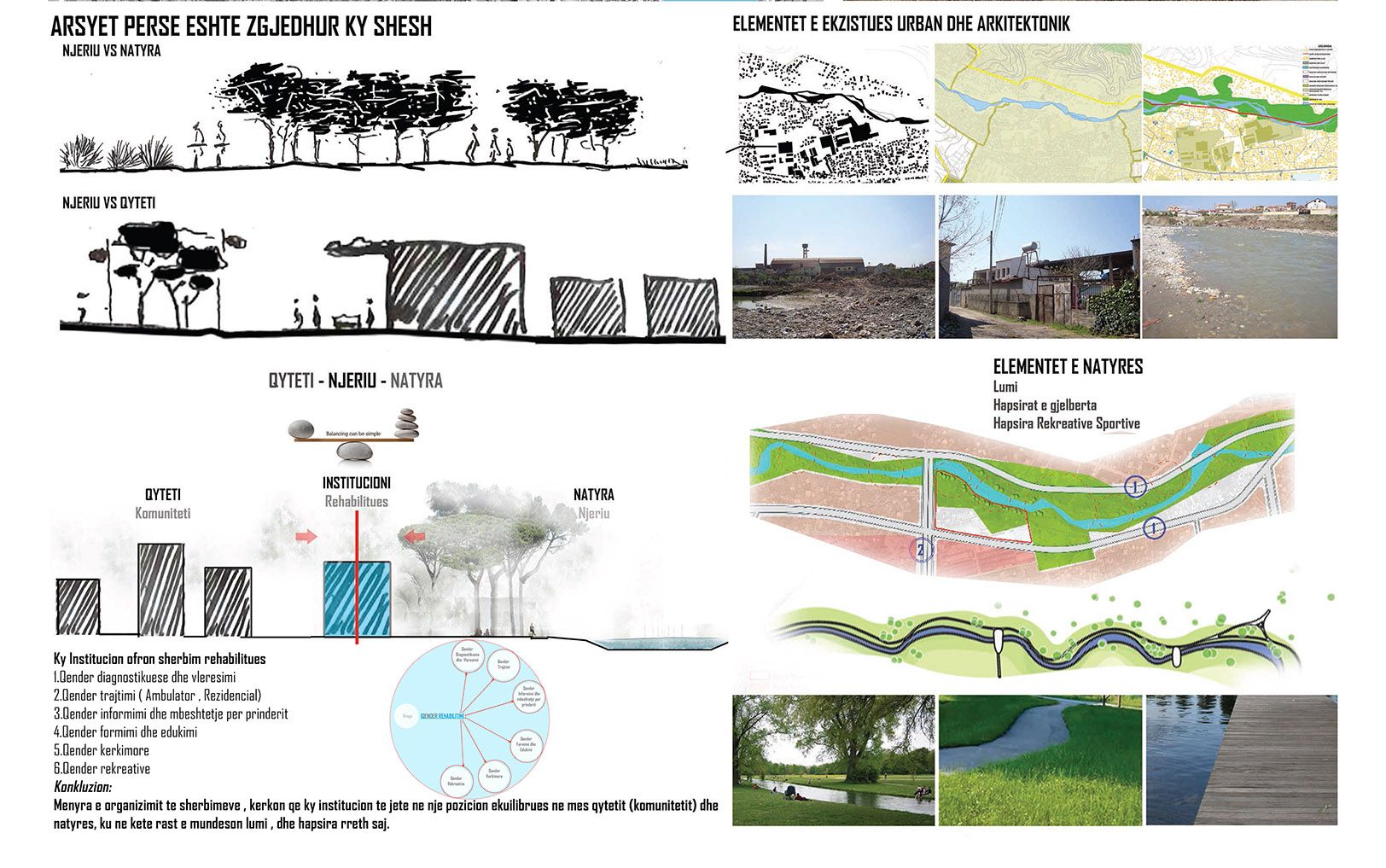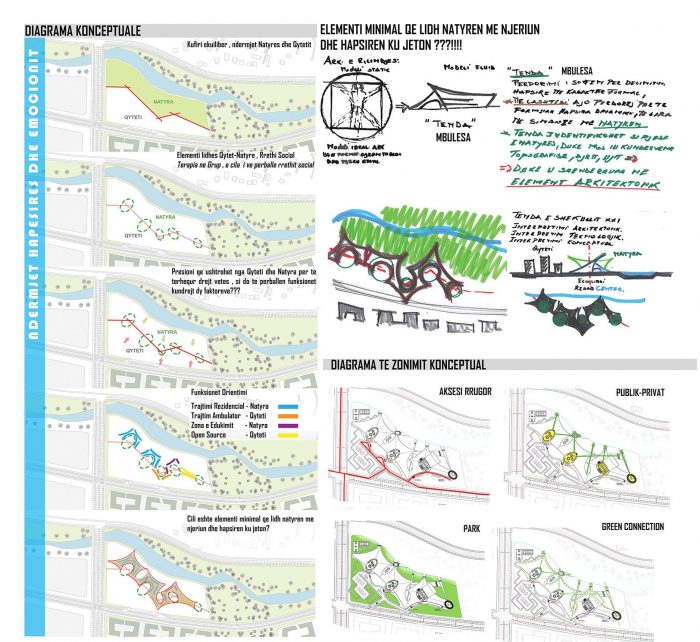In recent years, many national and international institutions have raised the alarm for increasing social problems among young people associated with crime, drugs, alcohol, and social discrimination in Albania. Civil rights, economic, social, and cultural and youth policy priority should be protected from any individual, family, and institution because we are dealing not only with human beings generally unprotected, but today’s level of their development physical and mental, will determine our tomorrow.
The national strategy raises some clear objectives and goals concerning the improvement of conditions and environments associated directly or indirectly with their learning and cultural formation, with the level of information, the development of healthy, with entertainment and promotion of aptitudes and talents of young people.
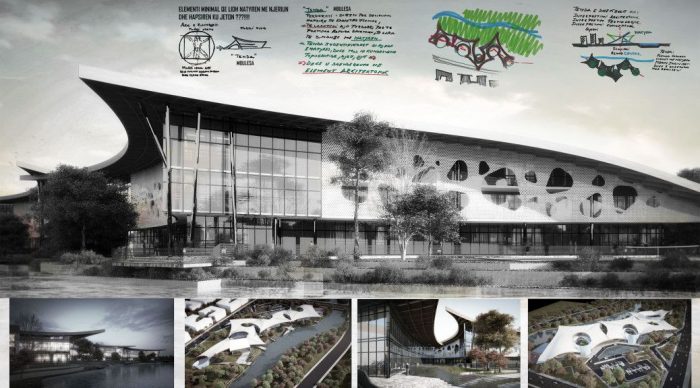 The drug treatment center it is needed for psychosocial treatment, counseling, and rehabilitation. Psychosocial support, family assistance, training courses, training, information and assistance for resolving emergency situations.
The drug treatment center it is needed for psychosocial treatment, counseling, and rehabilitation. Psychosocial support, family assistance, training courses, training, information and assistance for resolving emergency situations.
The problem
One of the risks for the young people is drugs. On the basis of estimations and statistics, the number of users in Albania is 65 thousand while about 10 % of them are young people aged 14-20 years with most of them located in Tirana.
Healing through Architecture
Architecture is the art that defines space and time, being used and created by man. To understand its implications it is extremely important to study the relationship between man and space, how one influences the other. Both are complementary, each having a direct relation to the other: man defines the spaces he lives in and space, in turn, defines the man’s activities. That is how architecture serves the man and it creates a space for his body and for his mind.
The body is the center of space, and with it we use our senses to contemplate, touch, hear, and perceive the world around us and give to the building its human scale. But has the architect always used the human as his focus when designing a building? Did he actually create spaces for human wellbeing, or just for aesthetics or practicality?
This thesis stresses the importance of the built environment on our wellbeing and health and tries to show, starting from a concrete example, that space has got the capacity to push the mind to promote health or illness, cure or cause.. It debates this theory, by bringing forward arguments and ideas that can eventually make us think seriously about the implication of the quality of the spaces that define our life.
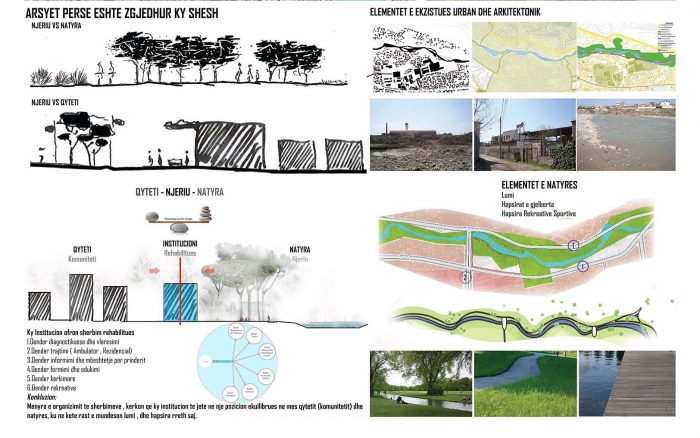 Space can touch us, not literally but metaphysically, it can drag emotions from us and bring back memories, or it can just release certain emotions in the moment of occupation, such as a sense of scale, or a feeling of safety or unease. Moreover, it can influence our mood through various factors like colour, light, and shape.
Space can touch us, not literally but metaphysically, it can drag emotions from us and bring back memories, or it can just release certain emotions in the moment of occupation, such as a sense of scale, or a feeling of safety or unease. Moreover, it can influence our mood through various factors like colour, light, and shape.
There hasn’t been much research into this topic, even though the roots of metaphysical healing go back into antiquity, through theories about the power of the Gods and energies, which were implemented into the monumental buildings built for meditation and recovery. Architecture has always been approached from a rational point of view, as something palpable, something that is created only for the physical purpose of giving shelter. The hypothesis of his essay, is that behind the creation of architecture lies a more profound subject, one that is capable of generating emotions and feelings that have a major impact on our mood and by implication on our health.
Student: Endrid Llubani
Tutor: M.Sc.Arch. Elton Qepali
University: Faculty of Architecture and Urbanism. Polytechnic University of Tirana, Albania
Concourse: Graduation Thesis 2015
